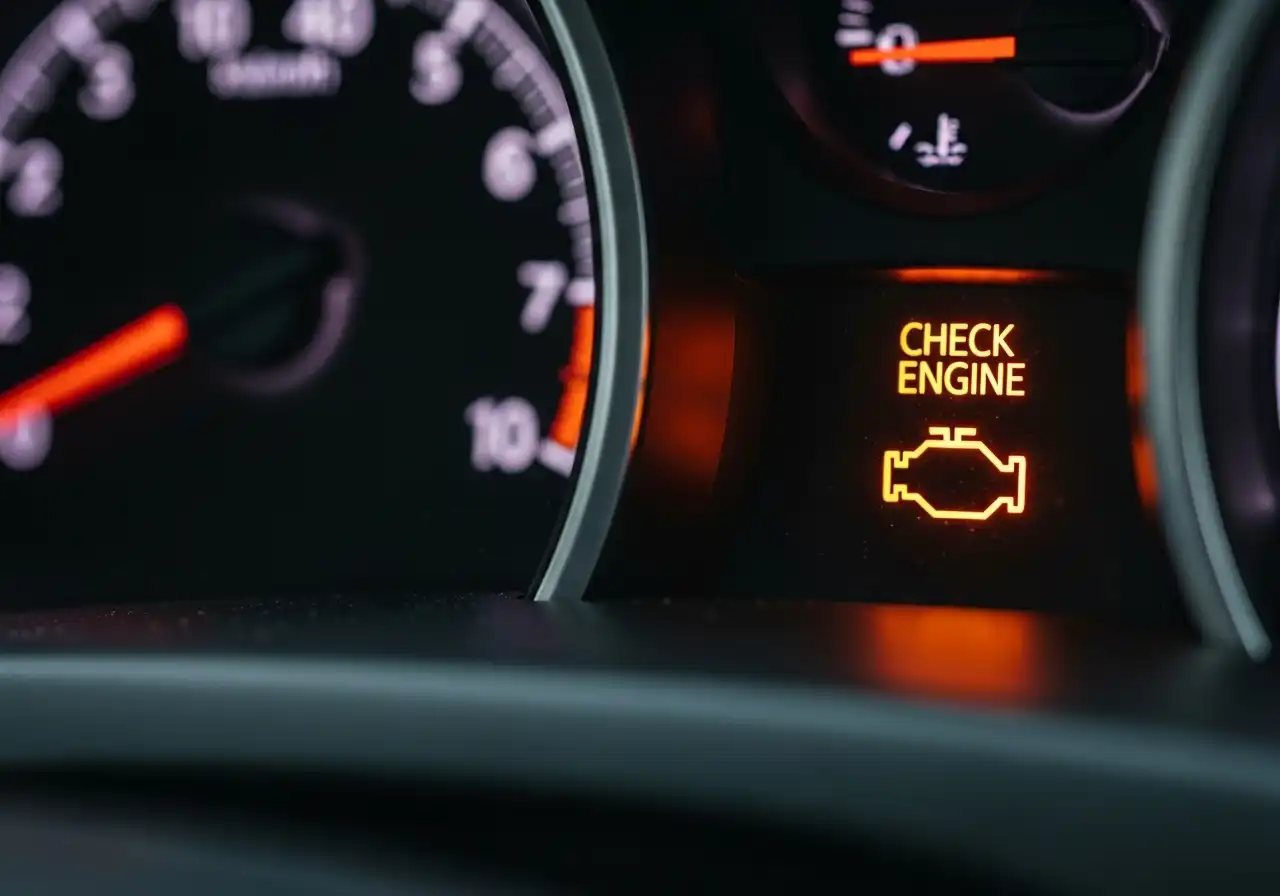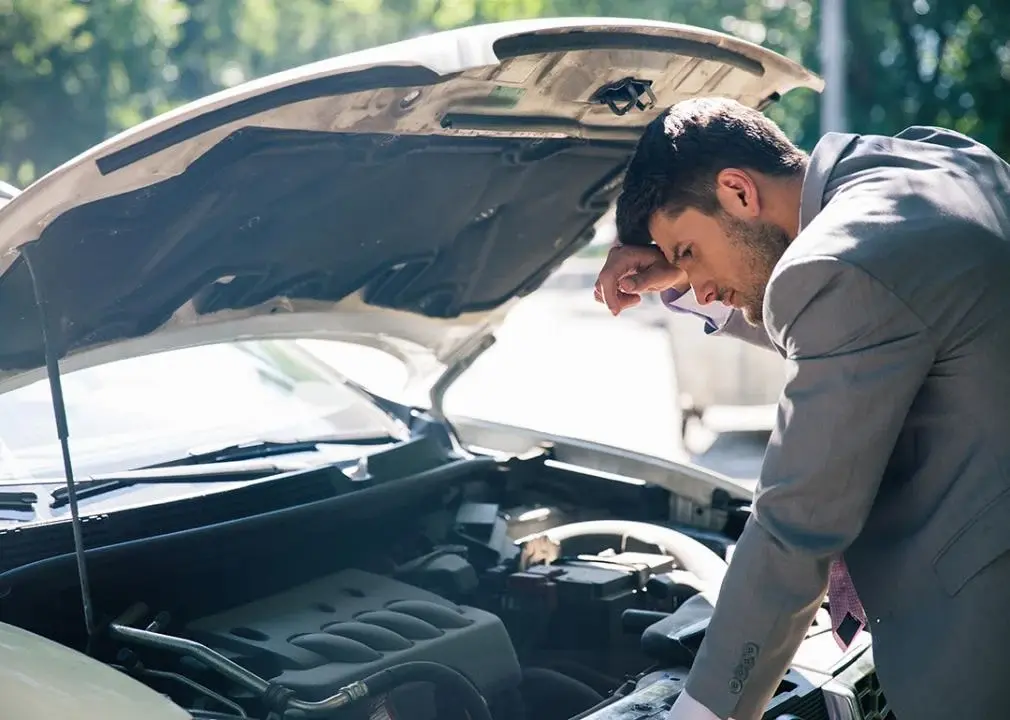When you buy a new or used car, you expect it to be reliable. However, what happens if your car has persistent issues that can’t be fixed? In many cases, you may be eligible for protection under Lemon Law, which is designed to help consumers who purchase defective vehicles. But how do you know if you qualify for Lemon Law protection?
In this blog, we’ll explain the criteria you need to meet to determine whether your vehicle qualifies for Lemon Law protection and the steps you should take if you believe you have a lemon.
What Is Lemon Law?
Lemon Law is a set of consumer protection laws designed to help people who have purchased or leased defective vehicles that fail to meet certain performance or quality standards. It provides remedies such as a replacement vehicle or a refund if the vehicle cannot be repaired after multiple attempts.
However, not all vehicles are considered “lemons.” Lemon laws vary by state, but they typically share common criteria to determine if a car qualifies for protection.
Key Criteria for Qualifying for Lemon Law Protection
To qualify for Lemon Law protection, several factors must be met. These include the type of defect, the number of repair attempts, and the amount of time the car has been in the shop. Here are the main criteria to consider:
1. The Vehicle Must Have a Substantial Defect
The first requirement for Lemon Law protection is that the vehicle must have a defect that significantly impairs its use, value, or safety. The defect must be substantial and not something that can be considered a minor flaw or cosmetic issue. Common defects that qualify include:
- Engine or transmission problems
- Brake or steering system failures
- Electrical issues
- Airbag or safety feature malfunctions
- Repeated breakdowns or malfunctions that impact the car’s performance
Why this matters: Minor issues or cosmetic defects, like a scratch or a minor paint imperfection, typically do not qualify for Lemon Law protection. The issue must be serious enough to affect the car’s overall safety or functionality.
2. The Vehicle Must Be Covered by a Warranty
Lemon Law typically applies to vehicles that are still covered by the manufacturer’s warranty, whether it’s a new car warranty or a warranty for a used car that is still under coverage. For new cars, the defect must be covered under the manufacturer’s warranty for Lemon Law protection to apply.
Why this matters: If the vehicle is out of warranty, Lemon Law may not apply, though there may be other consumer protection laws that could offer remedies.
3. The Vehicle Must Have Been in the Shop for Multiple Repair Attempts
To qualify for Lemon Law protection, the car must have been in for repairs multiple times for the same issue. Typically, the car must have been in the shop for at least 3 or 4 repair attempts for the same defect, depending on state laws. In some cases, even if the car has been in the shop only once, but the defect is serious (e.g., a safety issue), it may still qualify for Lemon Law protection.
Some states also allow a car to qualify if it has been out of service for a prolonged period, such as 30 days or more for repairs.
Why this matters: Multiple repair attempts are required to give the manufacturer a chance to fix the issue. If the car is still not functioning properly after multiple attempts, it may qualify as a lemon.
4. The Vehicle Must Have a Serious Impact on Safety, Use, or Value
For Lemon Law to apply, the defect must significantly affect the vehicle’s use, value, or safety. For example, if your car repeatedly breaks down on the highway or has a defective braking system, it could be considered a safety issue. If the issue makes your car difficult to use or reduces its resale value, this may also qualify the car for Lemon Law protection.
Why this matters: A defect that merely causes inconvenience (e.g., an air conditioning malfunction that doesn’t affect safety) may not qualify under Lemon Law. The defect needs to be serious enough to affect the car’s performance or safety.
5. The Vehicle Must Be New or Under a Specific Timeframe for Used Cars
For new vehicles, the defect must occur within a certain period after purchase—typically within the first 18 to 24 months or 18,000 to 24,000 miles, depending on the state. For used cars, the defect must happen within a shorter period, often within the first 12 months or 12,000 miles after purchase.
Why this matters: The time limit helps ensure that consumers have the opportunity to identify major defects early on. If the defect occurs after the car has been in service for a long period, it may not qualify as a lemon.
What to Do If You Think Your Car Qualifies for Lemon Law
If you believe your car qualifies for Lemon Law protection, here are the steps you should take:
-
Document Everything: Keep detailed records of all repairs, including the dates, the nature of the defect, and the attempts made to fix it. This documentation will be crucial when filing a Lemon Law claim.
-
Notify the Manufacturer or Dealer: In many states, you must notify the manufacturer or dealer about the defect and give them an opportunity to resolve the issue. This may involve sending a written notice of the defect and allowing the dealership or manufacturer a final chance to repair the car.
-
Consult with a Lemon Law Attorney: Lemon law cases can be complex, and hiring an experienced Lemon Law attorney can help ensure that your rights are protected. A lawyer can guide you through the claims process, negotiate with the manufacturer, and ensure that you receive the compensation or replacement vehicle you deserve.
-
File a Lemon Law Claim: If the defect remains unresolved and your vehicle meets the criteria for Lemon Law, your attorney will help you file a claim for a replacement or a refund.
Conclusion
If your vehicle is giving you continuous trouble and is still covered by warranty, it might qualify for Lemon Law protection. Understanding the criteria—such as the severity of the defect, the number of repair attempts, and the warranty coverage—is key to determining if you qualify for a claim. If you suspect you have a lemon, don’t hesitate to consult with an experienced Lemon Law attorney to ensure you are getting the protection and compensation you deserve.
If you have questions or need assistance with your Lemon Law case, contact a knowledgeable attorney who can evaluate your case and guide you through the process.



